Leonard Bernstein Movies List
You may filter the list of movies on this page for a more refined, personalized selection of movies.
Still not sure what to watch click the recommend buttun below to get a movie recommendation selected from all the movies on this list
Little Drummer Boy: Essay on Mahler by Leonard Bernstein
This television essay from 1985 was written by Leonard Bernstein to commemorate the 125th anniversary of Gustav Mahler's birth. Recorded in Israel, Vienna and later in London, it is punctuated by biographical interludes and illustrated by musical examples drawn from the cycle of Mahler's works recorded by Bernstein. Bernstein talks, plays and conducts various orchestras (Israel Philharmonic Orchestra, London Philharmonic Orchestra, Wiener Philharmoniker) and soloists (Janet Baker, Christa Ludwig, Edith Mathis, Lucia Popp, Walton Groenroos) in performances spanning 17 years. Leonard Bernstein also examines the roots of Gustav Mahler's inspiration. The programme also features music from the nine symphonies, 'The Song of the Earth' and the 'Wunderhorn Cycle'.
The Unanswered Question IV : The Delights and Dangers of Ambiguity
This series comprised six lectures on music, which cumulatively took the title of a work by Charles Ives, The Unanswered Question. Bernstein drew analogies to other disciplines, such as poetry, aesthetics, and especially linguistics, hoping to make these lectures accessible to an audience with limited or no musical experience, while maintaining an intelligent level of discourse: Bernstein provides two distinct meanings of the term ambiguity. The first is "doubtful or uncertain" and the second, "capable of being understood in two or more possible senses"
The Making Of West Side Story
A documentary which shows, in great detail, the making of the 1985 Bernstein-conducted recording of the entire score of "West Side Story", featuring operatic stars.
Bill Cunningham New York
Doubling as a cartography of the ever-changing city, Bill Cunningham New York portrays the secluded pioneer of street fashion with grace and heart.
All the Beauty and the Bloodshed
The life of internationally renowned artist and activist Nan Goldin is told through her slideshows, intimate interviews, ground-breaking photography, and rare footage of her personal fight to hold the Sackler family accountable for the overdose crisis.
King: A Filmed Record... Montgomery to Memphis
Constructed from a wealth of archival footage, the documentary follows Dr. Martin Luther King, Jr. from 1955 to 1968, in his rise from regional activist to world-renowned leader of the Civil Rights movement. Rare footage of King's speeches, protests, and arrests are interspersed with scenes of other high-profile supporters and opponents of the cause, punctuated by heartfelt testimonials by some of Hollywood's biggest stars.
Genius Within: The Inner Life of Glenn Gould
A documentary on the mysterious and influential pianist.
The Assassination of Richard Nixon
It’s 1974 and Sam Bicke has lost everything. His wife leaves him with his three kids, his boss fires him, his brother turns away from him, and the bank won’t give him any money to start anew. He tries to find someone to blame for his misfortunes and comes up with the President of the United States who he plans to murder.
Bells Are Ringing
Ella Peterson works in the basement office of Susanswerphone, a telephone answering service. She listens in on others' lives and adds some interest to her own humdrum existence by adopting different identities for her clients. They include an out-of-work Method actor, a dentist with musical yearnings, and in particular playwright Jeffrey Moss, who is suffering from writer's block and desperately needs a muse.
Honolulu
Movie star Brooks Mason tries to avoid his fans and spend some weeks on vacation. When Hawaiian plantage-owner George Smith is mistaken by Mason's fans for Mason and brought to Mason's home. They decide to change their identities for a few weeks. But George Smith is mobbed by Mason's fans again on a personal appearance tour in New York, Mason falls in love to dancer Dorothy March, who also is on her way to Hawaii. Problems for Mason arise due to the fact that Smith is engaged with Cecilia Grayson, and her wealthy father believes, that Smith has double-crossed him. Mason isn't able to establish a connection with Smith in New York due to his agent's orders.
Leonard Bernstein: Reflections
Leonard Bernstein discusses his Boston childhood, his musical growth at Harvard and the Curtis Institute and the influence of great masters like Reiner, Mitropoulos and Koussevitzky. He shares his feelings on the primacy of tonal music and speculates on the nature of the creative process. From Carnegie Hall, scene of his début, to the living room of his home and his private studio overlooking New York's Central Park, Reflections explores the artist's varied and colourful career.
Beethoven Fidelio
This production is a gala affair; the sets are traditional (evocative of 18th-19th century Spain); the lighting is bright, so colors are good and one can see all of the action. Singers are generally well chosen and perform admirably. However, at this point, slight reservations creep in; although Janowitz (Fidelio/Leonore) and Kollo (Florestan) look "good" and act well, the singing parts tax them a bit when pushed to the limit. Most of the time that doesn't matter, and an argument can be made that a little vocal strain is in character with their dire plight. Ideally, for me, Vickers as Florestan would have added extra vocal heft and more sensitive acting than Kollo.
Leonard Bernstein: The Rite of Spring in Rehearsal
"The Rite of Spring is all about sex and reproduction. This is a beastly music brought to the highest, most refined point."
Beethoven's Birthday: A Celebration in Vienna with Leonard Bernstein
In this documentary portrait prepared for the anniversary of Ludwig Van Beethoven's 200th birthday, Leonard Bernstein illustrates his analysis with excerpts from his performances of Beethoven's Piano Concerto No. 1 in C Major and the Ode to Joy from the Ninth Symphony.
Leonard Bernstein: A Genius Divided
One of the first US born conductors to receive worldwide fame, Leonard Bernstein is an exceptional composer and certainly not only due to The West Side Story. Instead of concentrating exclusively on his most famous work, Thomas von Steinaecker sets out to paint a complete picture of Bernstein. Thus, the documentary focusses on the American’s less known later works and on three compositions in particular: his Mass, the musical 1600 Pennsylvania Avenue and the great final opera A Quiet Place. The film paints a vivid picture of the multitalented Bernstein, struggling with his role as composer and conductor, tackling the tension between successes and flops, between the politics of his time and his own liberal humanitarian claim. It looks back on Bernstein’s major achievements, such as his acclaimed conducting of Mahler and his involvement in the Young People’s Concerts, and it shows Bernstein’s work with young aspiring musicians as well as his political commitment.
New York Philharmonic Young People's Concerts
From 1958 through 1973, renowned conductor and composer Leonard Bernstein and the New York Philharmonic Orchestra thrilled audiences with wonderful concert experiences presented in a sparkling music-with-commentary format: the Young People's Concerts.
Das Lied von der Erde: A Personal Introduction
During a break in rehearsals with the Israel Philharmonic, Leonard Bernstein sat down at the piano to film an introduction to the poetry and music of Gustav Mahler's Das Lied von der Erde.
20th Century Greats
Howard Goodall examines the work of The Beatles, Cole Porter, Bernard Herrmann and Leonard Bernstein.
Bernstein in Vienna: Beethoven, The Ninth Symphony
To play Beethoven's music is to give oneself over completely to the child-spirit which lived in that grim, awkward, violent man. Without that utter submission it is impossible to play the Adagio of the Ninth. Or, Heaven knows, the first movement. And the Finale? Most of all! It is simply unplayable unless we go all the way with him, as he cries out "Brüder!" - Leonard Bernstein
Trouble in Tahiti
Leonard Bernstein was on his honeymoon in 1951 when he began composing his one-act opera, Trouble in Tahiti, a candid portrait of the troubled marriage of a young suburban couple. Written between his biggest Broadway successes— On the Town in 1944 and Candide and West Side Story in 1956 and 1957, respectively— Trouble in Tahiti draws upon popular songs styles to deliver an uncompromising critique of post-war American materialism. Beneath the couple's marital discord is a profound longing for love and intimacy. Their spiritual emptiness, in contrast to a veneer of happy consumerism, creates the heart of the drama and is emphasized by sudden stylistic shifts in the music.
Satchmo the Great
In this 1957 biography film of the jazz-great Louis "Satchmo" Armstrong, he and his band tour the world as American good-will ambassadors bring jazz at its best to the people of the world. Within the film, the life of Louis Armstrong is portrayed through the music. One of the outstanding scenes in this "biography/docudrama" shows blind songwriter W. C. Handy, with tears streaming down his face, as Armstrong, backed by Leonard Bernstein leading the New York Philharmonic Orchestra, play Handy's immortal "St. Louis Blues."





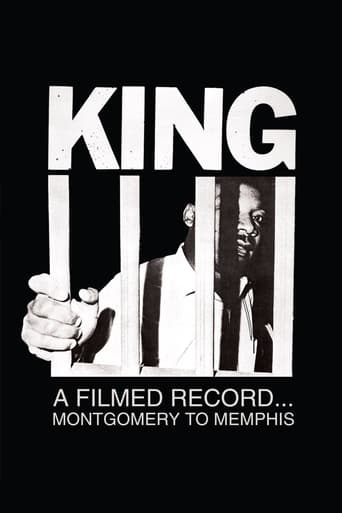

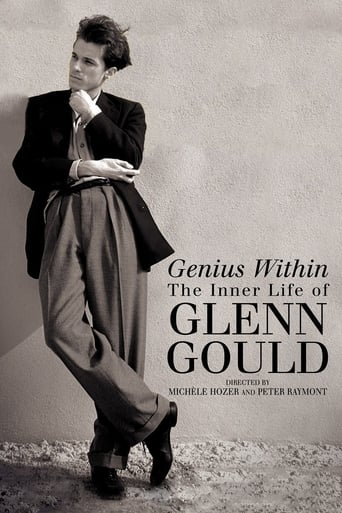

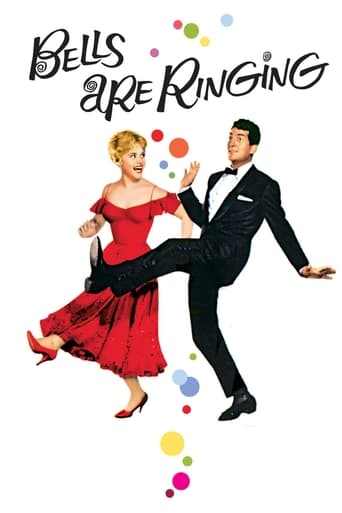
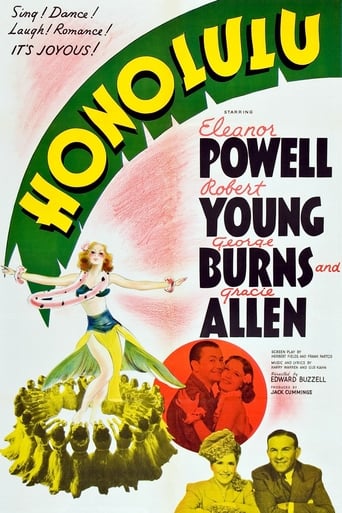















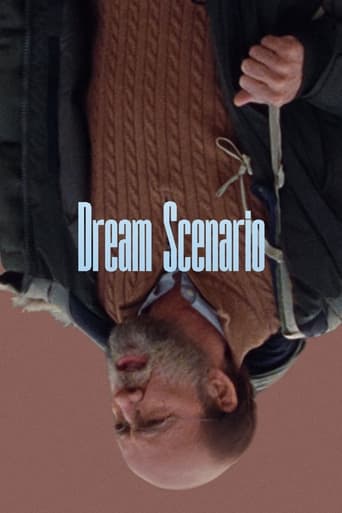

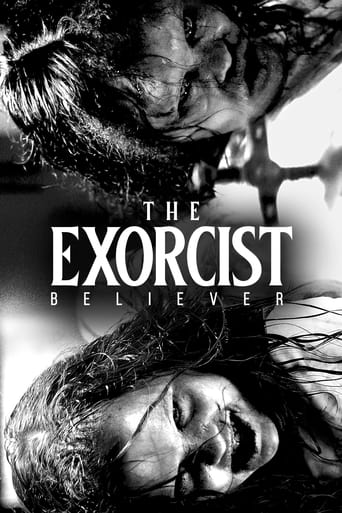

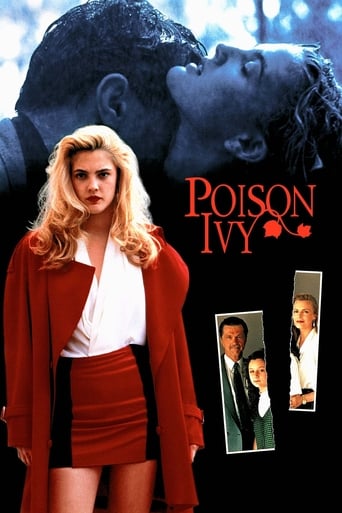
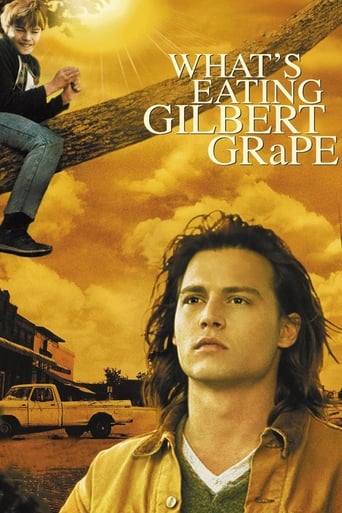
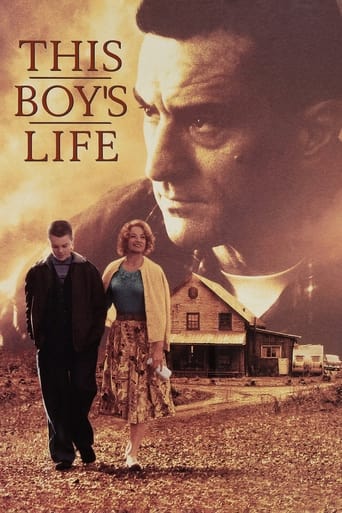
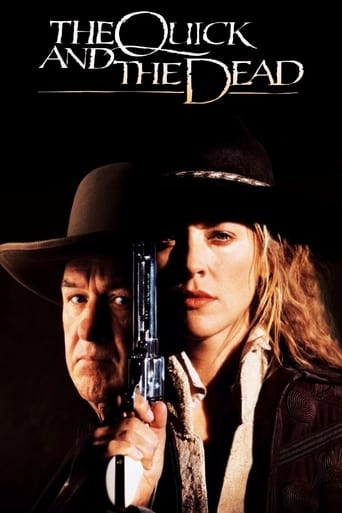
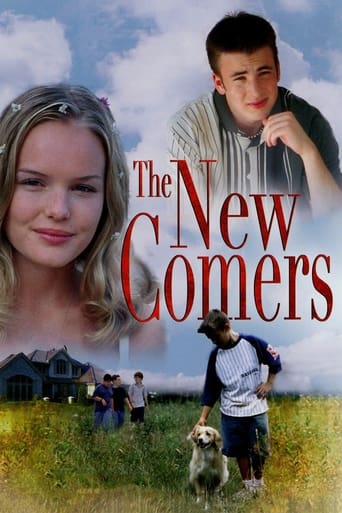
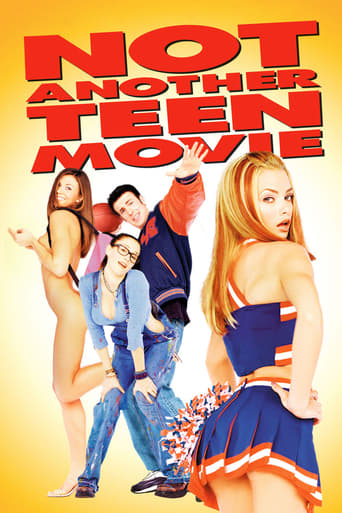
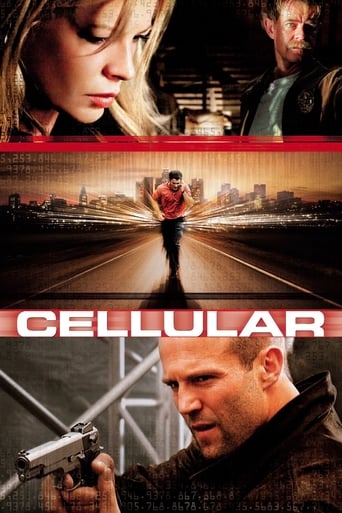
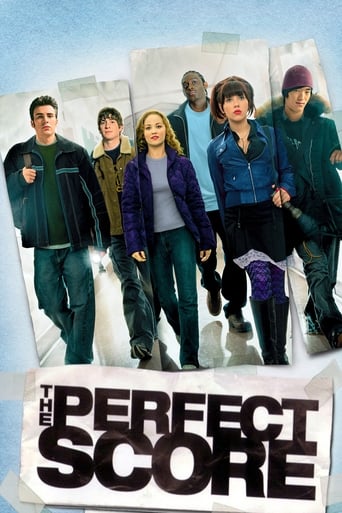
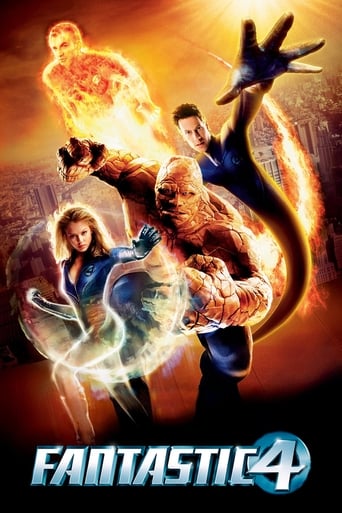
This is a list of the most popular movies starring actor Leonard Bernstein. And Of course, no Leonard Bernstein movies list would be complete without mentioning some of the greatest. These high-profile films, often box office gold, helped solidified Leonard Bernstein's status as a household name. On this top list of Leonard Bernstein movies are films such as, Little Drummer Boy: Essay on Mahler by Leonard Bernstein, The Unanswered Question IV : The Delights and Dangers of Ambiguity, The Making Of West Side Story, Bill Cunningham New York, All the Beauty and the Bloodshed, King: A Filmed Record... Montgomery to Memphis, Candide, Genius Within: The Inner Life of Glenn Gould, The Assassination of Richard Nixon, among many other enticing movies about Leonard Bernstein.What would you say are among the best Leonard Bernstein movies of all time. And how many of these popular films have you seen before.